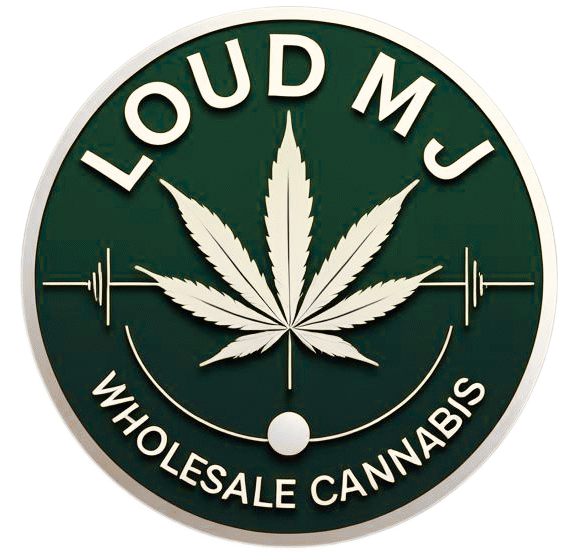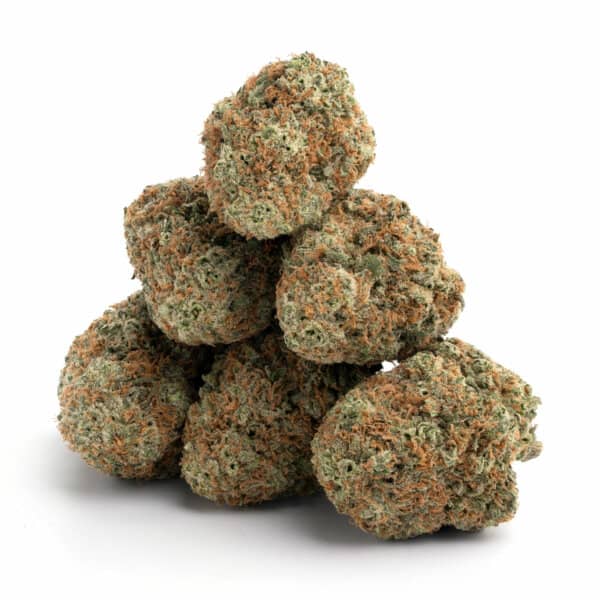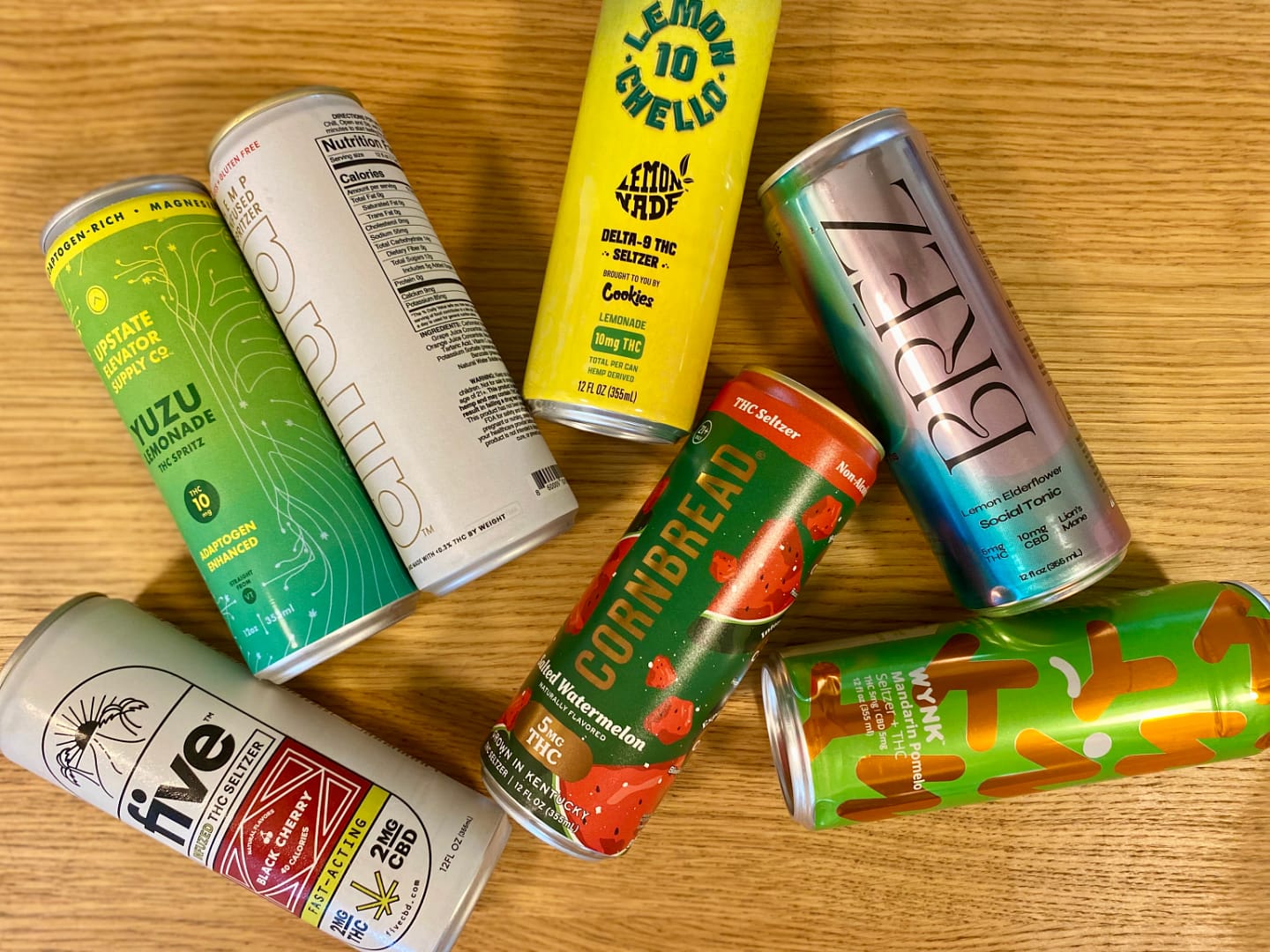THCa, Delta-8, and hemp-derived THC are at the center of cannabis industry debates in 2025. As the hemp and cannabis sectors evolve, shifting state laws continue to impact cultivators, processors, wholesalers, and retailers. Businesses are asking: Is my product compliant in every state?
This state-by-state compliance guide breaks down how regulators are approaching THCa, Delta-8 THC, and hemp-derived cannabinoids this year. Whether you’re a hemp-derived THC brand, a bulk supplier, or a dispensary operator, understanding these rules is essential to minimize risks and maximize opportunities.
THCa, Delta-8, and Hemp-Derived THC in 2025
The cannabis industry has long wrestled with distinctions between hemp-derived cannabinoids and marijuana-derived THC. In 2025, three compounds dominate regulatory attention:
- THCa (Tetrahydrocannabinolic acid): A non-psychoactive precursor that converts into Delta-9 THC when heated.
- Delta-8 THC: A psychoactive cannabinoid often synthesized from CBD, popular for its “legal high.”
- Hemp-Derived THC: Cannabinoids derived from hemp, legally capped at 0.3% Delta-9 THC on a dry weight basis under the 2018 Farm Bill.
The regulatory landscape varies drastically across states, making compliance a challenge for national operators.
Why THCa, Delta-8, and Hemp-Derived THC Face Scrutiny
- THCa testing loopholes: Some states test cannabis for Delta-9 THC only, allowing THCa-heavy hemp flower to appear compliant despite intoxicating potential.
- Delta-8’s popularity: With limited oversight, Delta-8 products have flooded convenience stores, sparking consumer safety concerns.
- Hemp-Derived THC gray areas: Regulators continue debating whether chemically modified cannabinoids fall under “legal hemp” or controlled substances.
Businesses need to track state-by-state regulations to avoid fines, seizures, or loss of licenses.
2025 State-by-State Compliance Overview
Below is a categorized breakdown of state-level rules on THCa, Delta-8, and hemp-derived THC as of 2025:
States with Explicit Bans on Delta-8 and Hemp-Derived THC
- Alaska
- Colorado
- Delaware
- Idaho
- Iowa
- Montana
- New York
- North Dakota
- Rhode Island
- Vermont
These states prohibit the manufacture or sale of Delta-8 THC and, in some cases, any hemp-derived intoxicants.
States Allowing but Regulating Hemp-Derived Cannabinoids
- Florida
- Michigan
- Ohio
- Texas
- Virginia
These states allow hemp-derived THC but impose strict labeling, testing, and licensing requirements.
States with Ongoing Legal Gray Areas
- California
- Oregon
- Illinois
- Pennsylvania
These states haven’t issued full bans but continue revising laws, creating uncertainty for hemp operators.
THCa-Specific Rules
- Some states (e.g., Kentucky, Tennessee) allow high-THCa hemp flower as long as Delta-9 THC remains under 0.3% pre-harvest.
- Others (e.g., Connecticut, Minnesota) test for total THC (Delta-9 + THCa), effectively banning THCa-heavy hemp.
Compliance Considerations for Cannabis Businesses
Labeling and Packaging
States are tightening requirements on cannabinoid labels. Businesses should include:
- Accurate cannabinoid breakdown (Delta-9, Delta-8, THCa).
- QR codes linking to third-party lab tests.
- Age restriction warnings.
Licensing and Distribution
- Some states require hemp processors and retailers to hold licenses similar to marijuana businesses.
- Out-of-state distribution faces risk if products cross into prohibition states.
Testing and Lab Compliance
- Many states now require total THC testing instead of Delta-9 only.
- Labs must follow ISO-accredited standards to avoid enforcement issues.
Health and Consumer Safety Implications
- Delta-8 THC: Reports of mislabeled potency and contaminants have prompted FDA and CDC warnings.
- THCa hemp flower: Can mislead consumers who assume hemp means non-intoxicating.
- Synthetic conversions: Hemp-derived cannabinoids created through chemical processes raise safety and purity concerns.
Businesses should emphasize transparency and quality assurance to build consumer trust.
Opportunities in a Shifting Regulatory Landscape
- Retail differentiation: Brands offering compliant, fully tested hemp-derived THC products can stand out.
- Multi-state strategies: Partnering with legal experts helps navigate patchwork compliance.
- Consumer education: Businesses that clearly explain differences between THCa, Delta-8, and Delta-9 build credibility.
Internal Linking Suggestions
- Link to your Delta-8 wholesale products page.
- Link to your hemp compliance consulting services blog.
- Link to state-specific cannabis compliance updates to increase topical authority.
FAQs on THCa, Delta-8, and Hemp-Derived THC Compliance
Is Delta-8 THC federally legal in 2025?
Yes, Delta-8 THC remains federally legal under the 2018 Farm Bill if derived from hemp, but many states restrict or ban it.
Can THCa hemp flower be shipped across state lines?
It depends on state laws. States testing for total THC often prohibit THCa flower, even if Delta-9 levels are compliant.
Are hemp-derived THC gummies legal nationwide?
No. Some states ban hemp-derived intoxicating edibles despite federal legality.
Do all states test cannabis for total THC?
Not yet. Some states still test for Delta-9 THC only, while others require total THC testing.
What’s the risk of selling Delta-8 in a restricted state?
Risks include product seizure, business fines, and criminal liability.
How can businesses stay compliant in 2025?
Regularly consult legal experts, update labels, and monitor state-level regulatory changes.
Staying Ahead in 2025
THCa, Delta-8, and hemp-derived THC compliance in 2025 remains complex, with a patchwork of state laws shaping the future of hemp businesses. Companies that prioritize regulatory awareness, transparent labeling, and consumer safety will not only survive but thrive.
If you’re a cannabis operator looking to expand in 2025, invest in compliance consulting, maintain transparent lab testing, and educate your customers.
👉 Ready to protect your cannabis business and scale nationwide? Connect with our team today to explore compliant wholesale partnerships and regulatory guidance.



